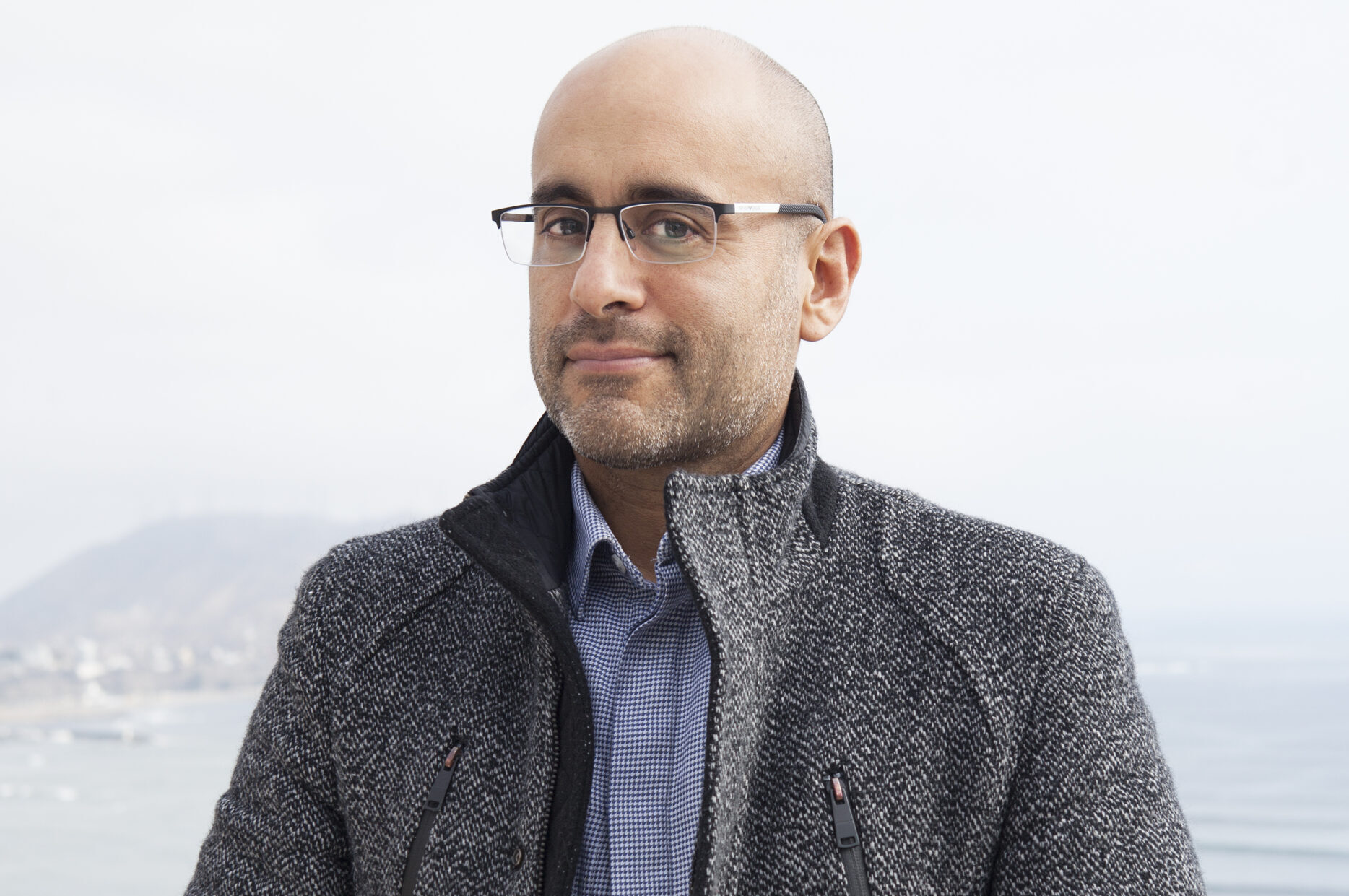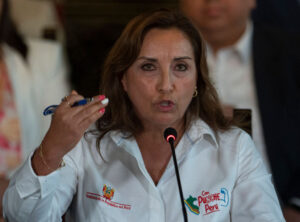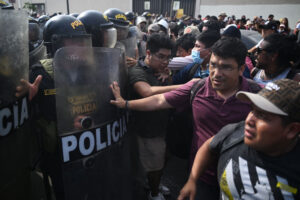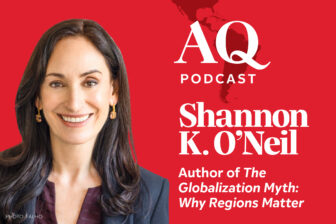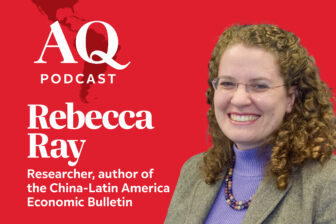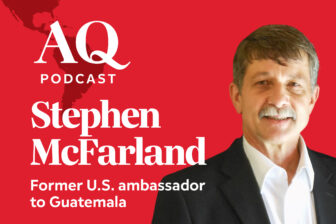This article is adapted from AQ’s special report on cybersecurity
“In truth, chickens face a better death than humans,” sighs Jack Harrison, one of the characters in Cien cuyes, the latest novel by Peruvian writer Gustavo Rodríguez.
In its pages, Rodríguez explores the indifference that modern Peruvian society displays toward its elderly population, presented as shadows of an antiquated past. The novel centers on Eufrasia Vela, a woman from a working-class Lima neighborhood, who earns a living taking care of the city’s upper-class elderly.
As the novel begins, Eufrasia works for Doña Carmen, a widow who lives alone in her apartment in the wealthy district of Miraflores. She meets another resident in the building—Jack Harrison, a retired doctor suffering from the consequences of a stroke—and later takes a post as an assistant in a nearby nursing home, looking after seven seniors.
Eufrasia’s kindness and tenderness towards her charges is juxtaposed with the fact that, despite their status as rich limeños, they have all been more or less left behind, either by their families, by their waning health, or simply by the passage of time. Their lives serve as indication that, while the process of growing old in Latin America is shaped by one’s socioeconomic status, privilege does not necessarily shield the elderly from loneliness or solitude.
In fact, privilege can deepen isolation. According to national data, Miraflores has the highest number of people over 70 living alone in all of Lima. Rodriguez alludes to this reality: Very few people aside from Eufrasia visit these elders. Doña Carmen and Harrison’s respective children live abroad, and the rest are childless and have no relation with their extended family. Only money ensures they are cared for. That is not the case for Eufrasia. “Who was going to take care of me in my old age? You can pay for that, but we the poor need our children,” says Eufrasia to Harrison, explaining her decision to have a child years previously.
Eufrasia’s own life story illustrates how the Lima her octogenarian charges know best is a city that no longer exists. She is from Simbal, a village in the northern Peruvian region of La Libertad, and moved to Lima in her youth with her sister in search for work. Her story is shared by millions of Peruvians who migrated from their cities and towns to Lima in two massive waves, first in the 1950s and then in the ’70s and ’80s, settling in the city’s outskirts and forever changing the cultural and racial composition of the capital, a process described as “popular overflow” by the anthropologist José Matos Mar. All of the seniors can remember a time when Lima was dominated by a white traditional class and was far less fast-paced, filled with large residential homes instead of tall concrete buildings, trams instead of cars.
That Lima is now only a memory that lives within them, the memory of “a less threatening city” that they will take with them on their final adventure. Each one, starting with Doña Carmen, comes to the decision that it is no longer worth living when the world they knew is long gone. The indifference that modern society directs at them is a corollary of the triumph of the new Lima—which Eufrasia belongs to—as a melting pot of Andean and Amazonian idiosyncrasies and customs. Traditional limeños no longer rule as they once did.
But rather than resigning themselves to their inevitable passing, these elders find in Eufrasia an ally, someone to help them take back control of their lives in a final act of defiance. As Doña Pollo, who lives in the nursing home, puts it: “It is better to burn out than to slowly fade away.” In Cien cuyes, Eufrasia serves as a bridge between the two Limas, helping one make room for the other.


